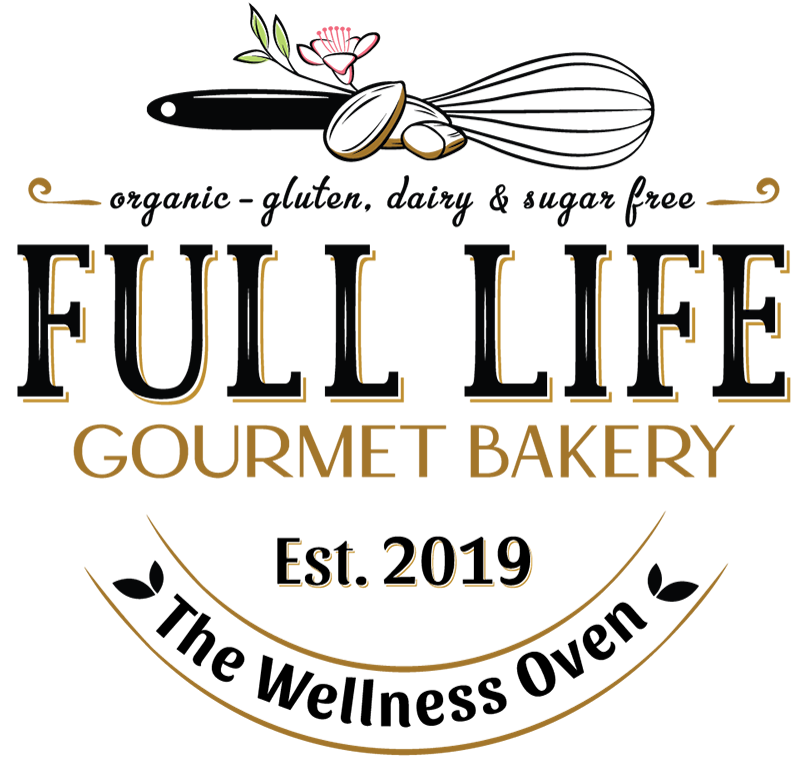
In today’s fast-paced world, it’s easy for family bonds to weaken amidst busy schedules, school commitments, and work demands. Yet, the foundation of a child’s well-being is often built on the connection they share with their parents. Strong, meaningful parent-child relationships foster emotional security, enhance open communication, and establish a lifelong sense of support and stability. For health-conscious, active families, building these bonds through shared values, routines, and intentional interactions can enhance both physical and emotional health.
This article is the first in a three-part series titled "Strengthening Family Bonds – Building Lasting Connections with Your Kids." In this series, we’ll explore the journey toward building resilient, positive family relationships that support well-being for every family member. In this first article, Laying the Foundation: Why Strong Parent-Child Relationships Matter, we’ll discuss the importance of these bonds and introduce daily actions to strengthen them. The second article, Making Time Count: Simple Activities to Build Stronger Connections, will dive into fun, practical ways to spend meaningful time with your children, and the third, Building Family Traditions: Creating Memories that Last, will focus on creating family rituals that endure.
1) The Benefits of Strong Parent-Child Relationships
Parent-child relationships are the cornerstone of a child’s development, impacting every facet of their life, from emotional stability to interpersonal skills. Research reveals that children with strong family ties experience lower stress levels, higher self-esteem, and more positive social skills. For parents, these bonds cultivate a greater sense of purpose, improve mental health, and create a mutually supportive relationship as their children grow and mature. Here’s how these strong family bonds benefit everyone involved:
-
Stability and Security: Children who feel consistently supported and understood by their parents exhibit lower levels of anxiety and a more grounded sense of identity. This security acts as a “safety net,” allowing them to confidently explore the world while knowing they have a solid base to return to. This kind of stability is especially critical during transitional life phases, like entering adolescence or facing new academic challenges.
-
Enhanced Communication: When family bonds are nurtured, communication becomes more open and fluid. This isn’t just about talking; it’s about understanding, trust, and an unspoken connection that makes it easier for kids to confide in their parents. Enhanced communication supports healthier relationships outside the family too, as children learn essential skills like listening, empathy, and expressing themselves clearly.
-
Support System: Life inevitably brings challenges, and knowing there’s a strong support system can make all the difference. For children, this means having someone to celebrate successes with or to seek guidance during hardships. For parents, a strong parent-child bond means feeling valued, respected, and included in their child’s world, especially as they navigate the complexities of adolescence.
Mental and Physical Benefits of Family Connections
Strong family ties don’t just make life more enjoyable—they offer tangible benefits for mental and physical health. Families that incorporate health-conscious habits into their routines, such as exercise, nutritious meals, and outdoor activities, promote a holistic sense of well-being that children often carry into adulthood. Research from the Harvard School of Public Health shows that children who grow up with positive family connections are more likely to make health-conscious choices later in life. Here’s how these bonds specifically contribute to mental and physical wellness:
-
Encourages Physical Activity: Children model the behavior they see. When parents make fitness a family affair, whether it’s weekend hikes, cycling, or even regular walks after dinner, kids learn to prioritize an active lifestyle. These shared activities promote cardiovascular health, strength, and flexibility while also giving families a structured way to spend quality time together.
-
Promotes Healthy Eating: Family mealtime has long been associated with better eating habits. Eating together encourages balanced nutrition, mindful eating, and reduces the tendency to consume junk food or overeat. For health-focused families, these shared meals can be a great opportunity to introduce children to nutrient-rich foods, explain the benefits of a balanced diet, and reinforce healthy habits.
-
Reduces Stress and Enhances Mental Health: Children who feel connected and valued within their family are less likely to experience chronic stress. Strong family bonds are linked to lower cortisol levels, better heart health, and a stronger immune system. For parents, these relationships are also a buffer against stress; a united family can handle life’s challenges with greater resilience.
Simple Daily Actions to Strengthen Parent-Child Bonds
For many busy families, it’s easy to let the days slip by without truly connecting. However, building strong bonds doesn’t require grand gestures—often, it’s the small, consistent actions that make the biggest difference. Here are a few simple ways to cultivate closeness every day:
-
Mindful Mealtimes: Designate family meals as tech-free zones where everyone’s focus is on each other. Start the tradition of sharing a “high and low” of the day, where each family member discusses something positive and something challenging they encountered. This opens up meaningful conversations and helps family members feel seen and heard.
-
Active Play Together: Physical activity offers natural moments for connection, away from distractions. Establish a weekly family exercise routine, like family yoga, biking, or weekend hikes. Not only does this promote fitness, but it also gives children the chance to discuss their lives in a relaxed, informal setting, creating space for natural bonding.
-
Bedtime Check-Ins: The end of the day is a natural time for reflection and connection. Take a few minutes to check in with each child before bed, asking open-ended questions like, “What’s one thing you’re looking forward to tomorrow?” or “Is there anything on your mind you’d like to share?” This ritual fosters trust and makes kids feel valued as individuals.
These small actions are easy to incorporate into daily routines and can become cherished parts of the family rhythm, nurturing a sense of closeness that grows over time.
The Role of Trust and Communication
Trust and communication are the foundation of all strong relationships, and the parent-child bond is no exception. When children feel safe to express themselves openly without fear of judgment, they develop a deep-rooted sense of trust in their parents that can last a lifetime. Here’s how to foster these critical components:
-
Be an Active Listener: It’s easy to offer advice or solutions, but active listening means focusing on understanding before responding. Make an effort to listen without interruption, maintain eye contact, and show genuine interest in your child’s thoughts and feelings. These small gestures reinforce that they are valued and respected.
-
Encourage Open Conversations: A key to building trust is creating a safe environment for open conversations. Let children know that all topics are welcome, even difficult ones. Encourage them to voice their feelings, and validate their emotions by acknowledging their perspective. This reinforces a sense of emotional safety and reduces the likelihood of secrecy or withheld emotions.
-
Set Consistent Boundaries with Kindness: Boundaries are essential for healthy development, but it’s crucial to balance firmness with empathy. Children need consistency to feel secure, but they also need flexibility to learn and grow. Explain the reasons behind rules and, when appropriate, involve them in decision-making. This encourages respect and mutual understanding rather than resistance.
By fostering open communication and mutual respect, parents lay a foundation of trust that enables their children to approach them with challenges or questions, strengthening the family’s resilience and unity.
Conclusion
Fostering a close parent-child relationship is one of the most impactful gifts a parent can give. By taking small, intentional actions each day—whether through a shared meal, an outdoor adventure, or an open conversation—families can strengthen their bonds and establish a foundation that supports both mental and physical well-being. Building these connections doesn’t require grand gestures; rather, it’s the small, consistent acts that help parents and children grow together, creating memories that last a lifetime.
Looking ahead to our next article, Making Time Count: Simple Activities to Build Stronger Connections, we’ll explore fun and practical ideas for creating quality time with your kids. From cooking together to outdoor adventures, we’ll cover ways to bring families closer and make every moment count.
In the meantime, consider how you can start integrating these small but meaningful actions into your family’s daily life. Let’s build the foundation for lasting family bonds that will enrich every aspect of your child’s future.




